Our projects and research shape the STEM education field by introducing innovative curricula and improving student access to STEM.
We support more than 60 active projects every year, and our high-quality, innovative research is based on the understanding that for STEM, real-world application matters. We inspire, motivate, and create life-long learners by helping students connect what they are taught in the classroom to the world around them.
These projects and our research are designed to encompass a wide range of subjects and disciplines within STEM education and teaching methods to expand accessibility for all eager minds.
Can’t find what you need? Explore our archive of past projects.
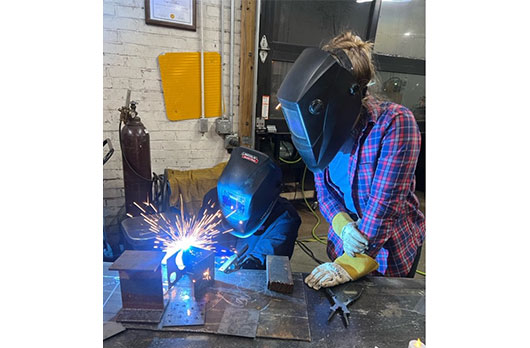
Together with Greensboro NC community partners, researchers from TERC and makers from the Forge, a Greensboro-based makerspace, develop ways for makerspaces to offer more opportunities to young women.
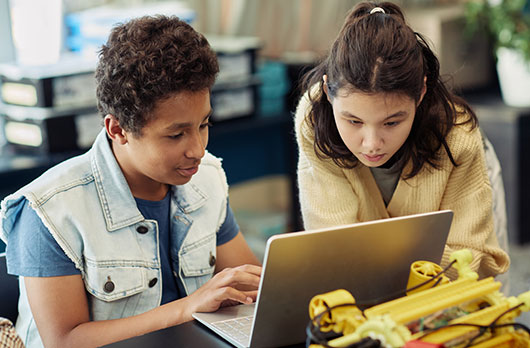
Latinx youth engage in design and making to address community needs as they develop positive identities as mathematics learners, doers and users.

This project lays the groundwork for community conversations about the design and deployment of strategies for innovative, biotech solutions that mitigate the range of climate change impacts–increasing the likelihood of such solutions to be widely adopted.
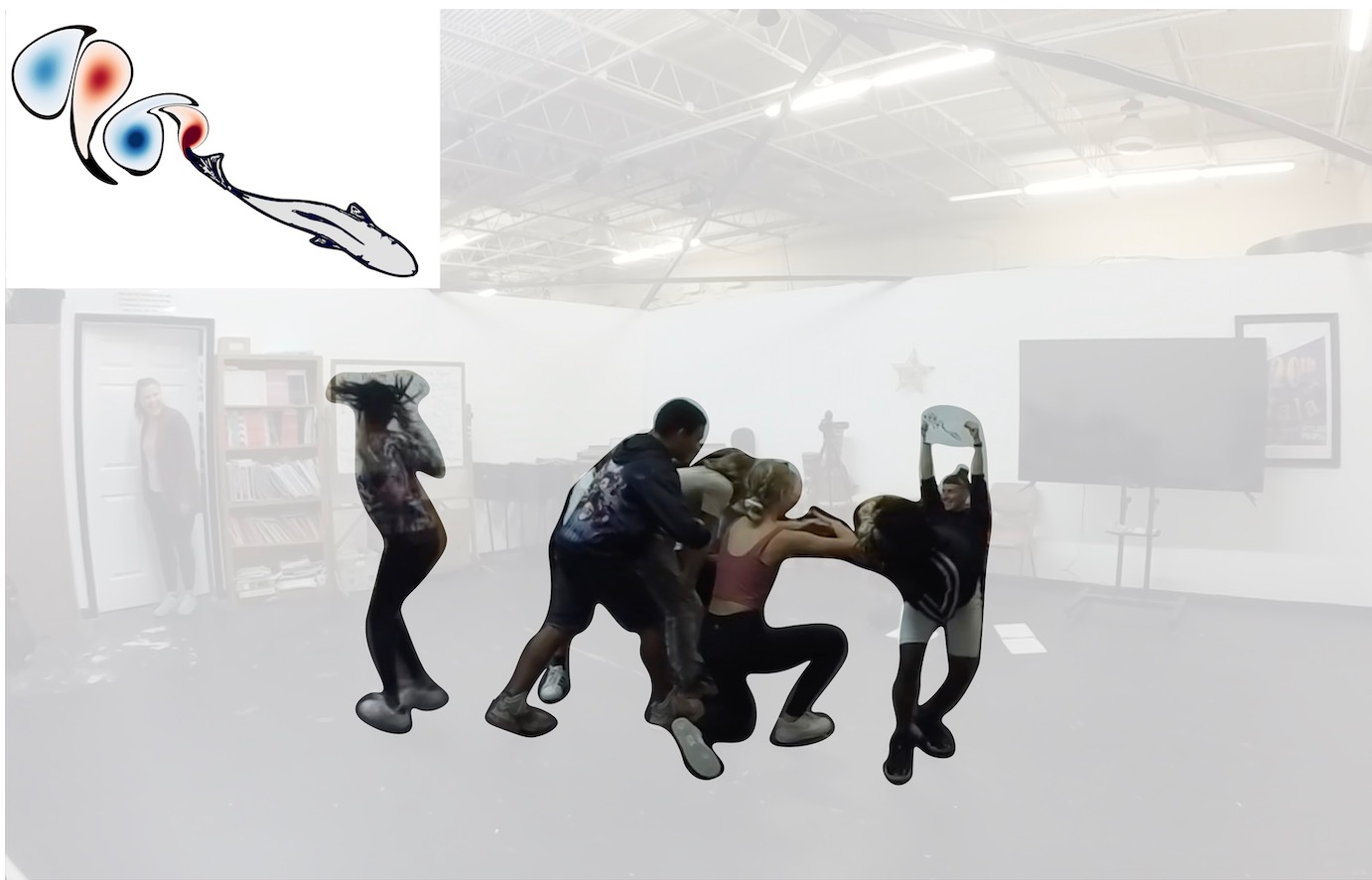
Choreographing Science brings science researchers, youth, and choreographers together in informal community arts spaces to explore the scientists’ authentic research questions through choreographic and computational modeling.
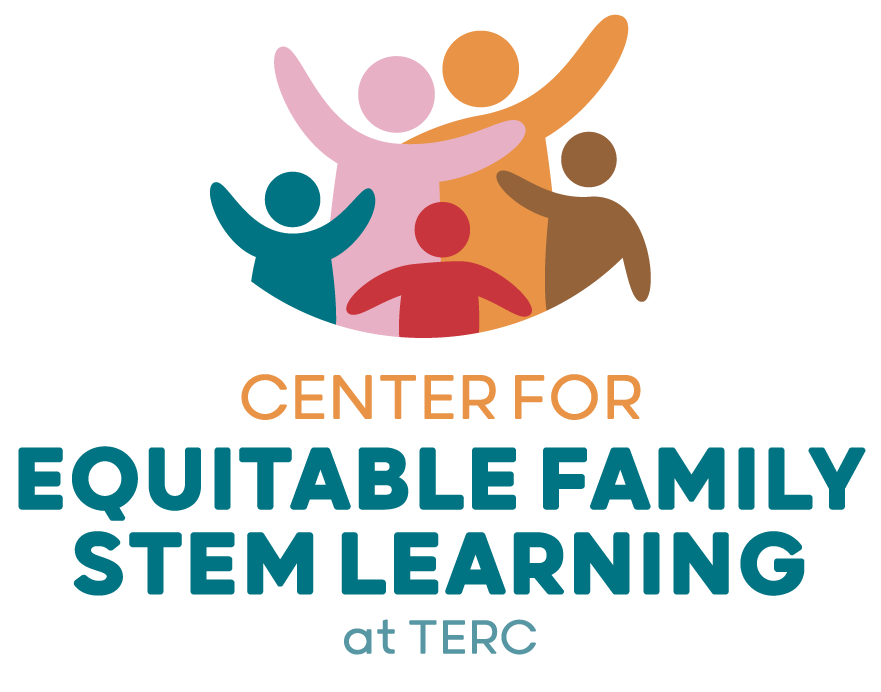
The Center for Equitable Family STEM Learning at TERC explores the intersection of equity, STEM education, and family learning. Our definitions of each of these anchoring concepts continue to evolve through our collaborations with families and community partners.and communities.
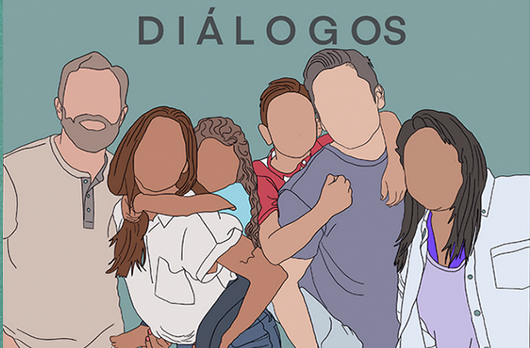
Engaging Latinx parents as research partners, to leverage informal family engineering activities that boost preschoolers’ executive function skills.
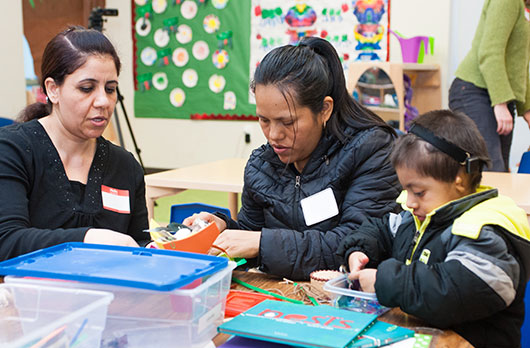
Strengthening the Cultural Relevance of the Head Start on Engineering Program for Spanish-Speaking Families
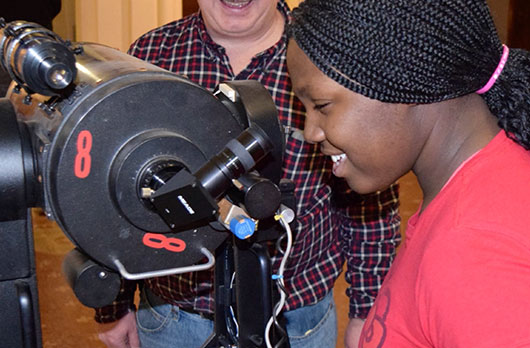
IDATA engages middle and high school students in designing software to make astronomy accessible to people with blindness or visual impairments.

The Meaningful Math project studies and aims to improve the data, statistics, and numeracy supports for consumers of news media.
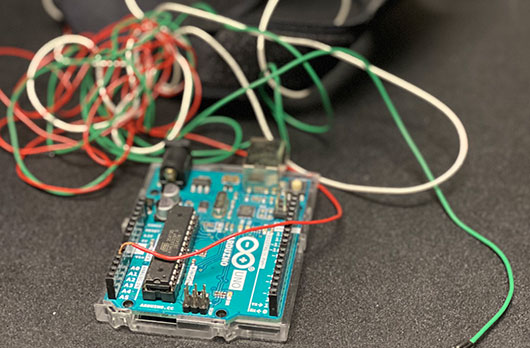
The NeuroVivid project is developing a BCI maker experience for neurodiverse multi-cultural learners to broaden interest in STEM.
